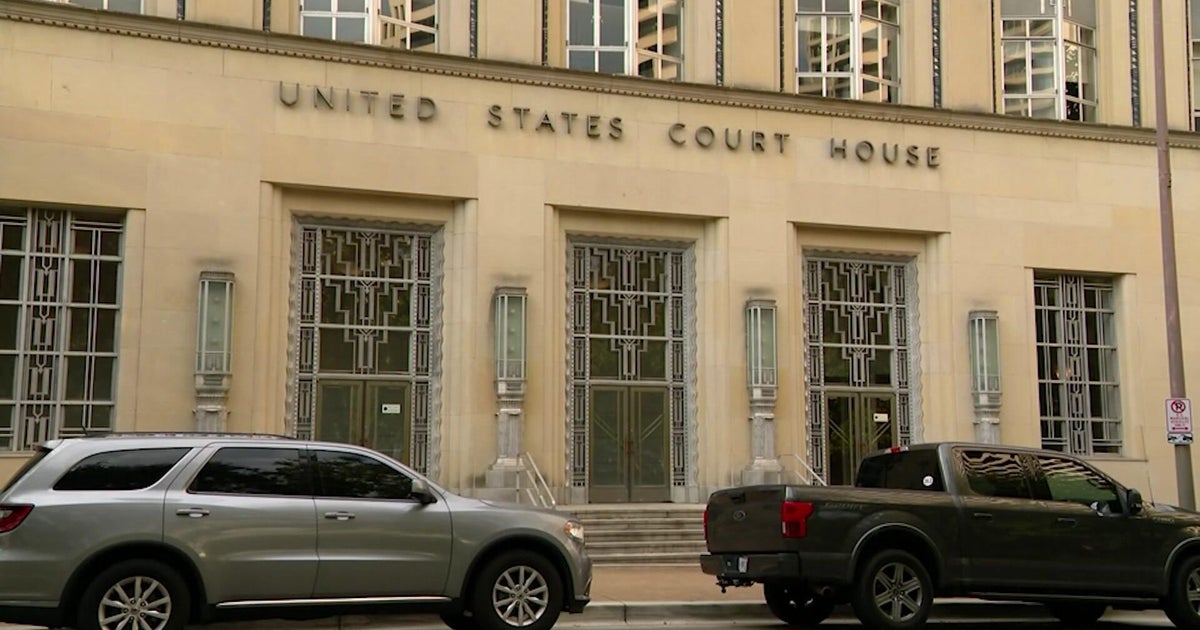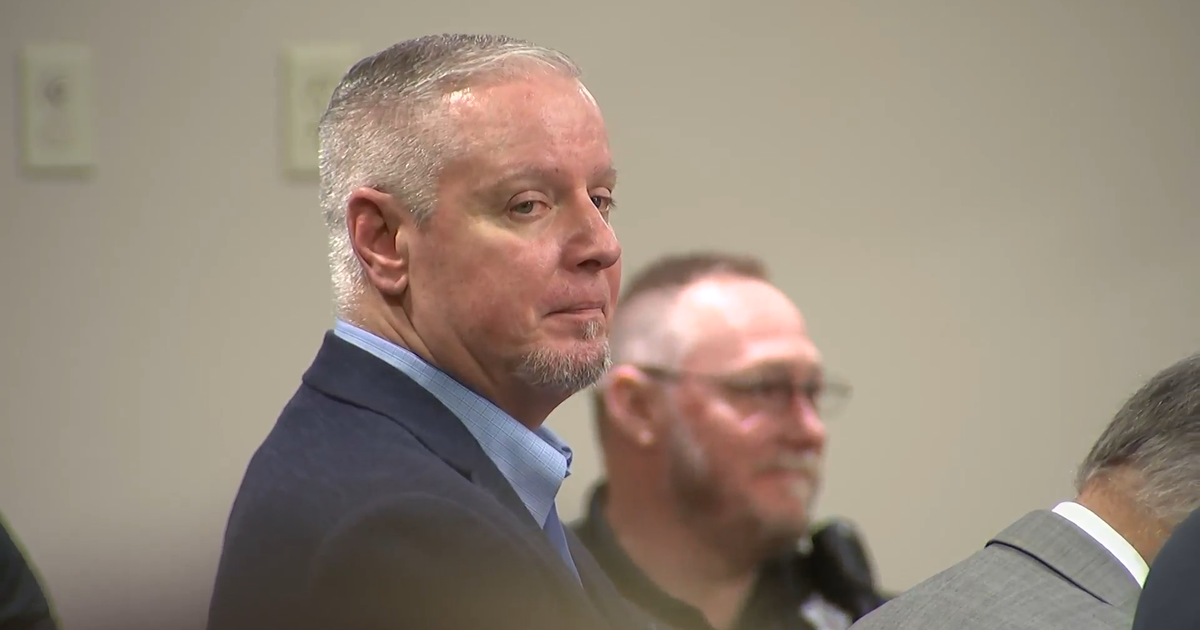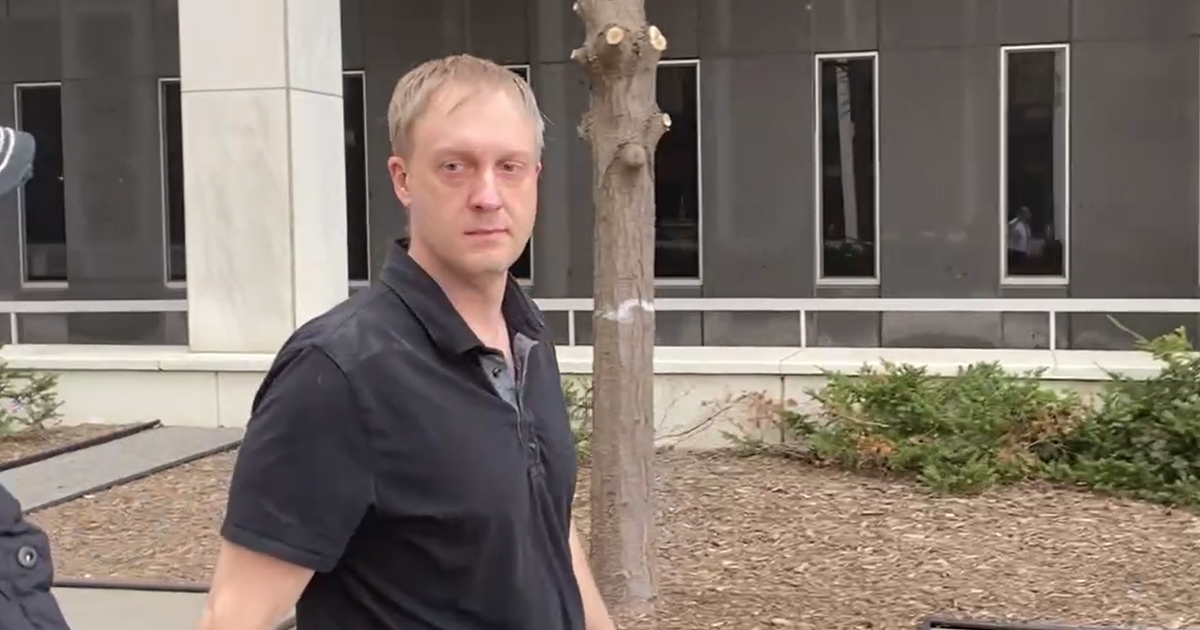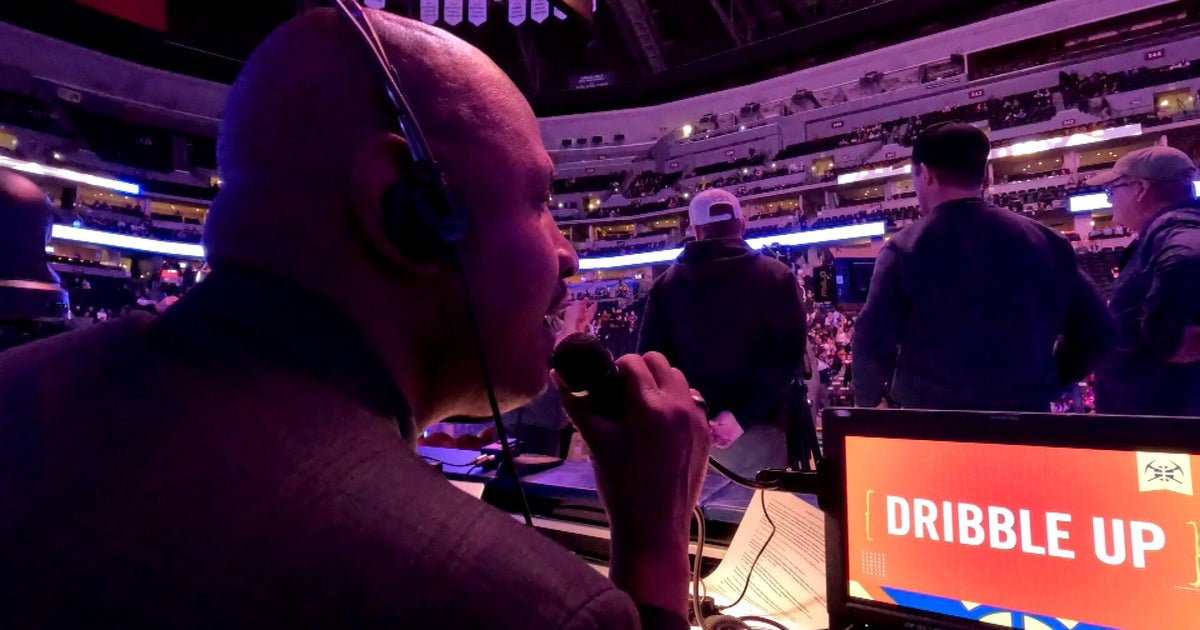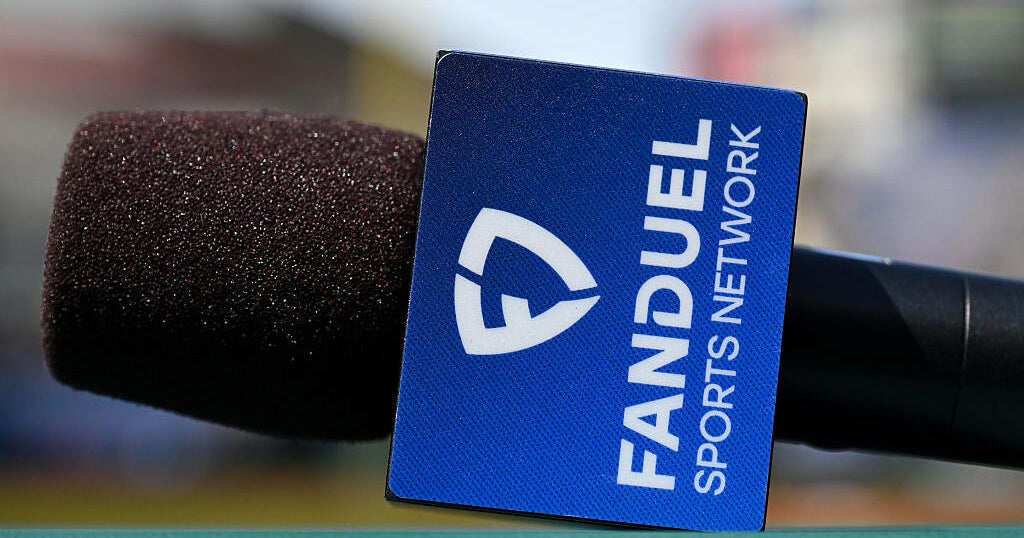Wade Boggs May Be Called To Testify In Clemens Trial
WASHINGTON (AP) -- The perjury trial of pitching great Roger Clemens began Wednesday with word that Hall of Famer Wade Boggs and former All-Star pitcher David Cone could be called to testify in their former teammate's defense.
Boggs and Cone are among 10 former ballplayers or people associated with the game who could be called as witnesses for Clemens' defense against charges he lied to Congress about the use of performance-enhancing drugs.
Clemens' lead lawyer Rusty Hardin told prospective jurors that Clemens' wife, Debbie, also will likely be a witness.
U.S. District Judge Reggie Walton turned to the selection of jury immediately after opening the trial Wednesday. The judge has said he hopes to find 12 jurors and four alternates from a pool of 125 Washington residents by early next week for a trial that is expected to last into August.
Like other players who have been indicted in baseball's steroids era, Clemens has not been charged with drug crimes, but is accused of lying about drug use. Clemens told a House committee under oath in 2008 that he never used performance- enhancing drugs during a standout career in which he won a record seven Cy Young Awards as his league's top pitcher.
Clemens won 354 games during a career that spanned nearly a quarter-century.
At the outset, Walton said he didn't understand why the House of Representatives has not turned over the audio of Clemens' 2008 deposition to committee staff, even though a transcript is available.
Walton said Congress risks being seen by the public as "hiding behind things." Still, he said he is not willing to delay the trial over the issue.
The judge said he might allow other baseball players to testify they knowingly received performance-enhancing drugs if Clemens' defense team pursues its theory that Clemens' chief accuser made up allegations he injected Clemens with steroids and human growth hormone as leverage to help him deal with his own legal troubles.
Clemens told a House committee under oath three years ago that he never used performance-enhancing drugs.
In connection with jury selection, Walton plans to ask potential panelists to answer up to 82 questions about their background, opinions and knowledge of the case. Both sides sought a written questionnaire, but Walton said that's not his practice because it "disadvantages less-educated people." He said he would give attorneys wide latitude to ask follow-up questions.
The case will pit Clemens against his former trainer, Brian McNamee, who says he injected Clemens with steroids and human growth hormone several times during the decade that he helped shape him into one of the most feared pitchers in the major leagues.
Clemens' attorneys say McNamee is a serial liar who made up the allegations against his star client to save himself from joblessness and prosecution on drug charges. Clemens' lawyers will try to discredit McNamee, a former New York City police officer, by pointing out a series of lies the trainer told in the past. They also want to introduce allegations that he drugged and raped an unconscious woman in a Florida hotel pool while traveling with the New York Yankees in 2001. The judge will have to decide whether to let that allegation in, considering that McNamee was never charged with a crime.
Prosecutors want to back up McNamee's allegations against Clemens through testimony from his former Yankee teammates Andy Pettitte, Chuck Knoblauch and Mike Stanton. All three admit they got performance drugs from McNamee, but Walton says he probably won't let them tell jurors about it because it could cause them to unfairly assume that Clemens must have as well.
Pettitte is the only person besides McNamee who says Clemens admitted taking performance-enhancing drugs. Pettitte has said Clemens told him privately in 1999 or 2000 that he took injections of human growth hormone, but Clemens says his old friend misheard him.
Clemens is charged with six felony counts, including perjury, false statements and obstruction of Congress, which carry a maximum sentence of up to 30 years in prison and a $1.5 million fine. But even if jurors convict him on all counts, it's unlikely Clemens would serve nearly that long because he doesn't have a criminal record.
(Copyright 2011 by The Associated Press. All Rights Reserved.)
